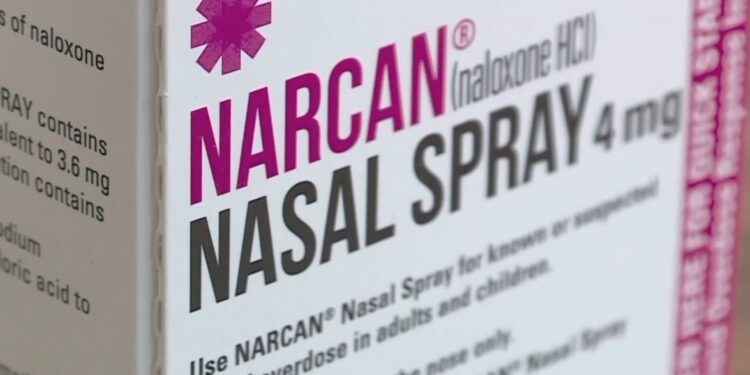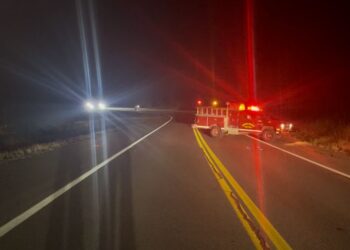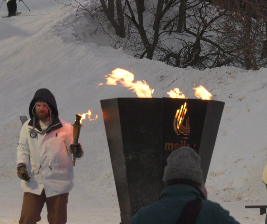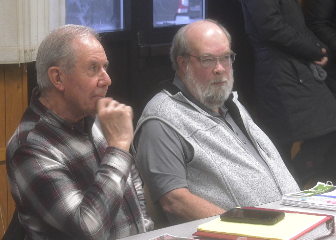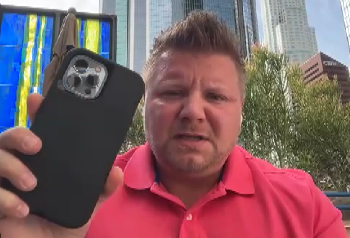LANSING, MICH. (WZMQ) – A U.P. legislator is working on a bill that aims to protect kids in k-12 schools from potential opioid exposure. In Michigan, opioid overdose deaths have increased 10-fold since 2000.
Representative Dave Prestin from Michigan’s 108th House district introduced a piece of legislation last June, he said his bill, House Bill 4734, will add safety measures to keep students safe from exposure at school by providing NARCAN to administrators.
Prestin has worked in Emergency Medical Services for 14 years, and more recently as a paramedic. He explained that he’s given NARCAN on many occasions, every time saving the life of the person experiencing an overdose.
Representative Prestin said his goal is to prevent situations like the one that happened at a Virginia school in December, where a student shared gummy bears that were found to be laced with small amounts of fentanyl.
“For a little kid with no previous exposure to opiates at all, as little as 20 micrograms could render them render their respiratory drive suppressed,” Prestin explained. “They would stop breathing and die of cardiac arrest.”
Dr. Jamie Alan, an Associate Professor with the College of Human Medicine at Michigan State University explained that NARCAN is the brand name, its generic name is Naloxone, which is a nasal spray, usually in 4-milligram doses, and is given just like most generic allergy medications. Under Prestin’s bill, NARCAN would be kept in a locked location for administrators and teachers to access.
Opioids suppress a person’s ability to breathe, and with some newer potent drugs, it can take a very small amount for a child to stop breathing altogether. Once NARCAN is administered, it only takes 2-3 minutes for symptoms to reverse.
“Naloxone is very safe and if you give it to a person and you know they’re not experiencing an opioid overdose,” Dr. Alan explained. “You can expect no effects. it’s very safe.”
Dr. Alan explained that an overdose can look like a person who has passed out, or in milder cases can present as high or low blood sugar. One of the main concerns she addressed was the argument that the wide distribution of NARCAN encourages opioid users. Dr. Alan said that there has been no data proving that to be true, but there have been studies done that prove it to be a life-saving intervention.
Prestin said that he hopes to make sure educators are trained and have the resources to prevent a worst-case scenario and keep kids safe in schools.

